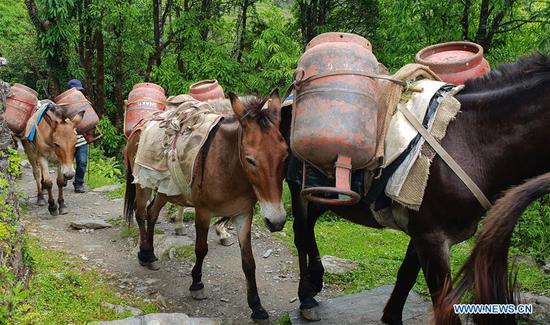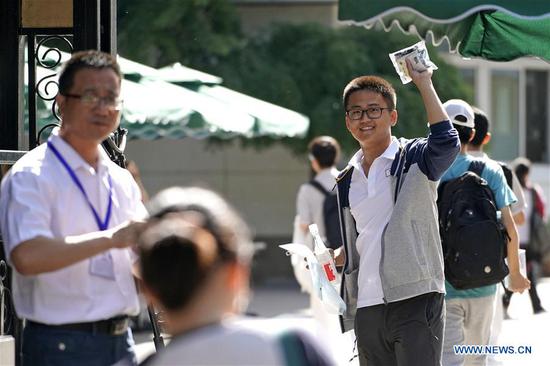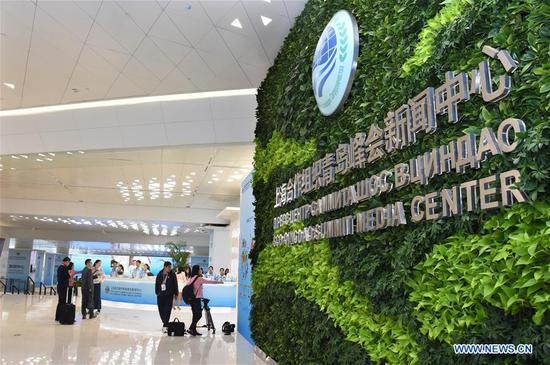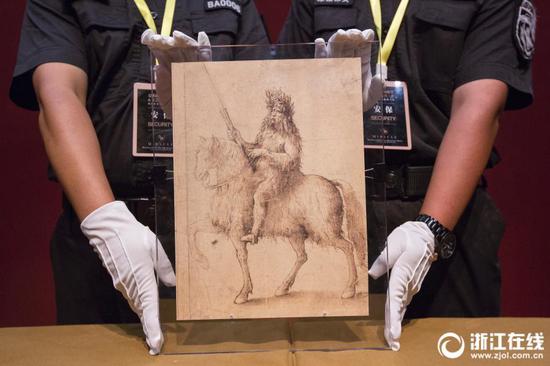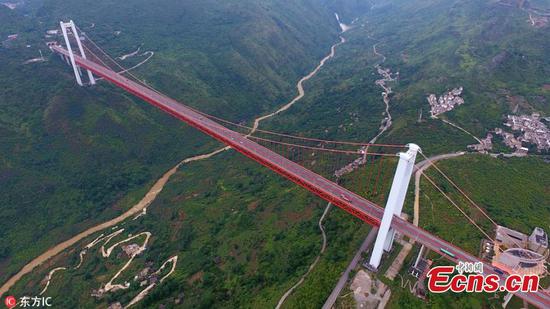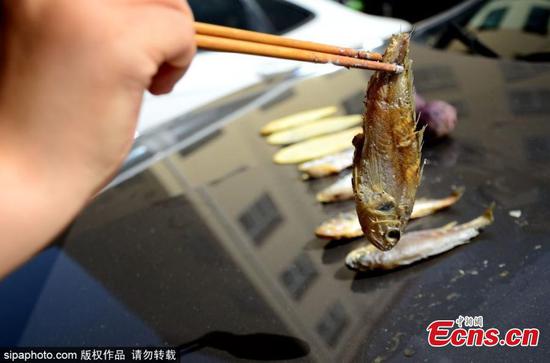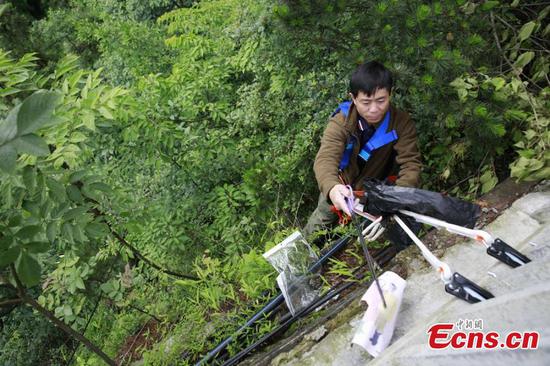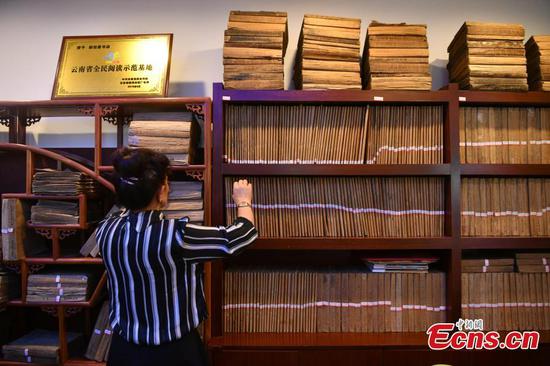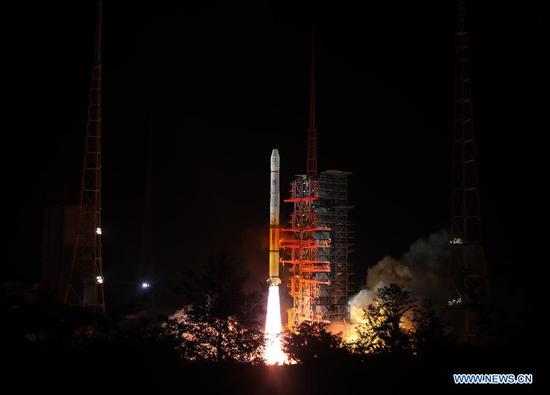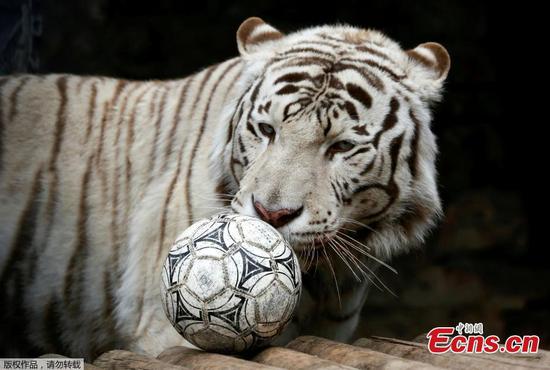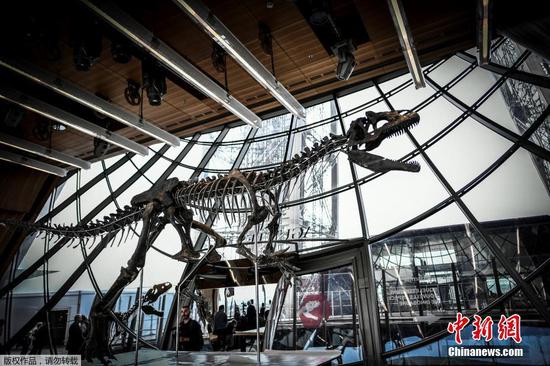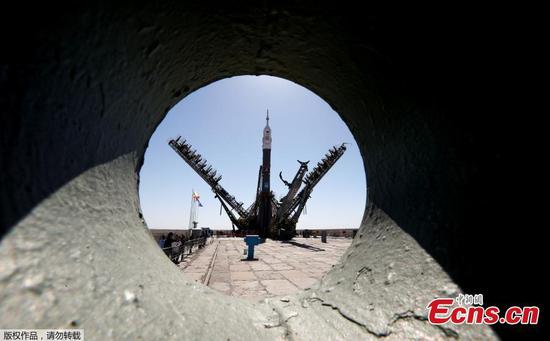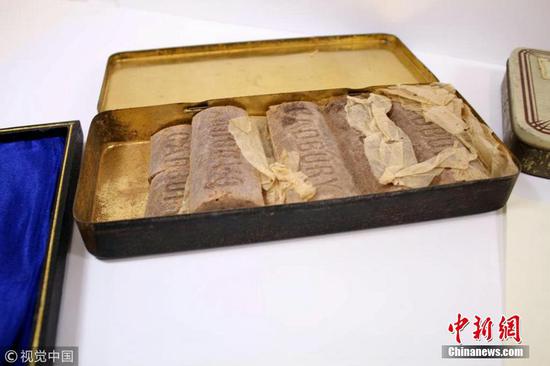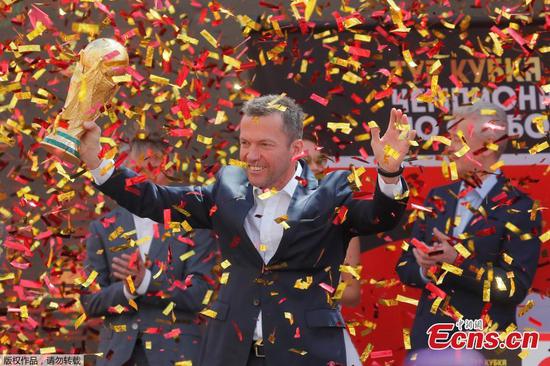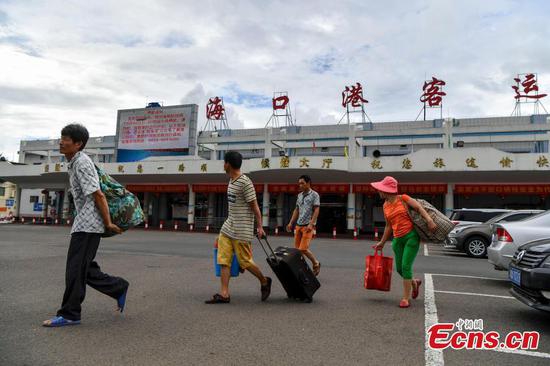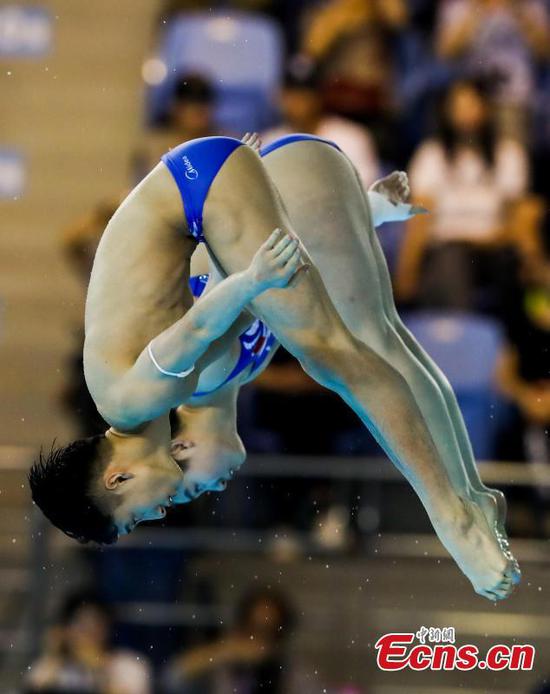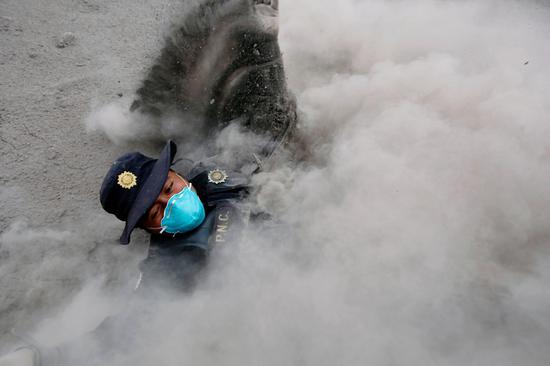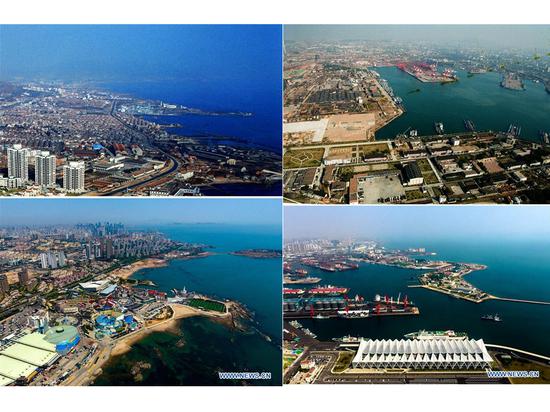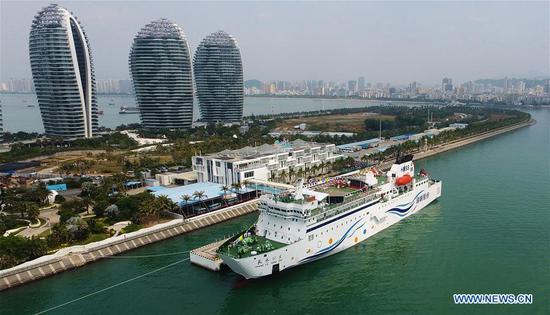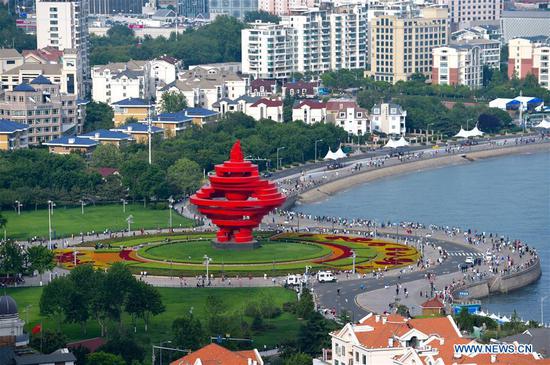Reform needed to allay overseas concerns
China's State-owned enterprises (SOEs) are increasingly encountering obstacles in their overseas expansion, as some countries, particularly in the West, have grown concerned over the SOEs' link to the Chinese government and are actively seeking to stop them from entering their markets.
While some of the accusations and actions taken by foreign countries against Chinese SOEs are politically charged, they are also a sobering reflection of the slow implementation of the country's market reforms for SOEs and the need to deepen these reforms, experts noted.
The latest sign of the challenge facing Chinese SOEs came from a joint statement released last week after a trilateral meeting of the trade ministers of the U.S., Japan and the EU in Paris.
"The ministers confirmed their shared objective to address non-market-oriented policies and practices that lead to severe overcapacity," the statement said, adding that they agreed to "deepen and accelerate discussions regarding possible new rules on industrial subsidies and SOEs."
While the statement did not mention China by name, it appears to be targeting China, because its content and tone are largely in line with the trio's long-standing criticism of China's industrial policies and SOEs.
The EU, the U.S. and Japan still refuse to recognize China as a market economy, ignoring agreements reached as part of China's accession to the WTO.
The joint statement does not indicate a shift of policy, but it does point to rising hurdles for SOEs and is a wake-up call for the need to deepen reforms, Tian Yun, director of the China Society of Macroeconomics Research Center, told the Global Times.
Call for reform
"Regardless of the political motivations behind it, this does present an opportunity for China to accelerate reforms for SOEs," Tian said. "If we continue the way we do business, we cannot stop others from raising doubts."
The Chinese government has been implementing market-oriented reforms for SOEs, including mixed-ownership reforms, in order to improve efficiency and management. To diversify SOE ownership, officials have been inviting private and even foreign investors to participate in the mixed-ownership reforms.
However, SOE reforms have seen slow progress in recent years and the authorities have been playing a leading role in SOE investment overseas, Feng Liguo, a research fellow with the research center at China Minsheng Bank, told the Global Times. "SOEs' moves in overseas markets are obligated to be commercialized, and investment activities should be based on an evaluation of risk and profitability," Feng noted.
Tian also said that the government should manage capital rather than companies, and let the market influence companies' operations. "If the government is just the owner and market forces are the manager - as with the Norway sovereign wealth fund, which is the largest in the world - no one would complain," he said.
Still, experts noted that the increased overseas scrutiny of Chinese SOEs is rooted in the political differences between China and foreign countries, some of which feel threatened by China's rising economic power.
"We did not hear so many complaints a few years ago when Chinese SOEs started to aggressively tap into foreign markets, but as China continues to rise economically, the worry grows," Tian said, adding that another key factor is the souring relationship between China and the U.S. since 2012.
"U.S. officials and lawmakers have designated China as their No.1 strategic competitor, so you can expect what they will do. The U.S.' stance has certainly contributed to the overall Western hostility toward China," Tian said.










